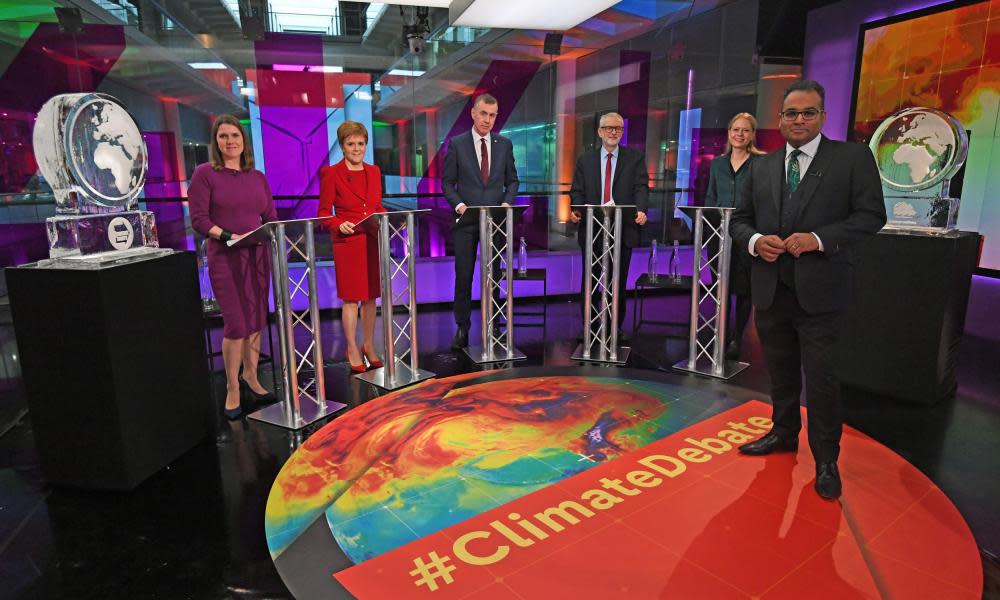Channel 4’s unique programming wouldn’t survive a sell-off

So, yet again the government is considering the privatisation of Channel 4, and this time it sounds like the threat is serious. What would British public service broadcasting gain and lose if this asset was sold off?
Channel 4 was a brilliant creation of the Thatcher government. It is owned by the state but costs the taxpayer nothing, earning its revenues through advertising and some sponsorship. While it is run commercially, it makes no profit, channelling its revenues back into programmes.
When it came into being, nearly 40 years ago, broadcasters made their own programmes. Channel 4 was different. Even Channel 4 News is not actually made by Channel 4; rather, it is commissioned by the channel. As a result, the new station brought into being a raft of independent television companies that have formed a massively successful industry worth billions a year. All the hit programmes the channel has made are owned by the independent TV companies that make them. These companies sell those brands around the world, bringing significant revenue to the UK but not to Channel 4 itself. In a world of TV titans, Channel 4 is a minnow that does not own the rights to its own shows. So, on the face of it, selling it off to a big company that can invest makes some sense.
But while other broadcasters do now commission significant proportions of their programmes from independent companies, Channel 4 remains the only broadcaster that commissions all its programmes, nurturing many smaller regional companies and ones owned by people from diverse backgrounds. It’s difficult to see why any outfit that bought the channel would want to do the same. The government could lay down all sorts of rules to protect the channel’s output and the independent sector, but over time I fear a major company would pressurise the government to reduce those undertakings.
I have a bigger concern, though. For nearly 20 years, I ran Channel 4’s news and current affairs. Streaming services such as Netflix are terrific but they have no interest in providing news for British people. I admire news and current affairs on the BBC, ITV and Channel Five, but their agendas are fairly similar. Channel 4 really has supplied distinctive programmes that have extended the news agenda. It’s hard to believe a private owner, especially one from overseas, would maintain that commitment at anything like its current level.
Of course, Channel 4 programmes have sometimes upset politicians. One oft-quoted incident is when it represented the government with a melting ice sculpture in a 2019 election debate about the environment when the prime minister declined to attend. It was a cheeky thing to do, so Boris Johnson, himself a cheeky journalist for years, ought in his heart to appreciate it. The serious point about that incident was that Channel 4 broadcast the only election debate on the environment of any election – not just in this country but, as far as we could ascertain, the world, despite the fact it’s widely accepted that the climate crisis is the biggest issue facing us.
Related: Selling off Channel 4 is a terrible idea. Here’s a better one | Phil Redmond
Being offended occasionally should be a price politicians are prepared to pay for Channel 4, especially considering it doesn’t cost them any actual money. I would worry about the output of a broadcaster if it never upset a politician. And Channel 4’s cheek has upset politicians across the political spectrum. Johnson’s annoyance at the melting ice sculpture was as nothing compared with the anger of Labour big-hitters Geoff Hoon, Stephen Byers and Jack Straw, whom we exposed in our undercover filming in Politicians for Hire. Another charge Channel 4’s critics level against it is of having a “woke” agenda. If by this they mean it has always had a remit to reach the UK’s diverse communities, then that’s true. But neither does it shy away from examining problems in those communities, as its programming record shows.
Channel 4’s commitment to international reporting is longstanding and famed throughout the world. It comprises a significant proportion of our hour-long news each night. I find it impossible to believe that a private owner would want an hour of news in prime time or back programmes such Unreported World, which does what it says on the tin. It’s not just the number of international stories: it’s the fact that Channel 4 has a different agenda.
These are the things that would probably be lost if the channel was sold off. And, for the sake of less than £1bn, our democracy – and the cause of high-quality journalism around the world – would be that much poorer.
Dorothy Byrne is editor-at-large at Channel 4

 Yahoo Movies
Yahoo Movies 
